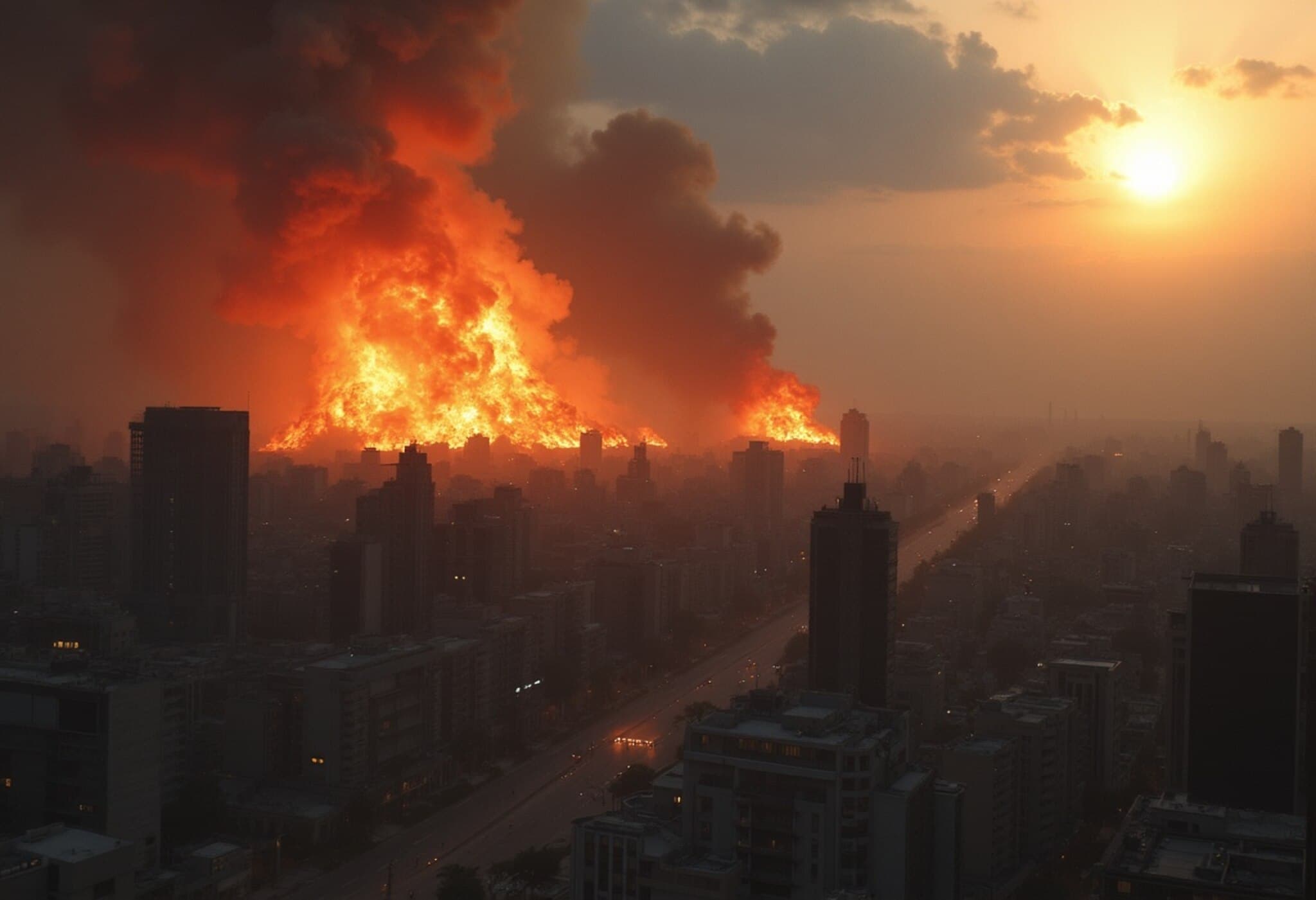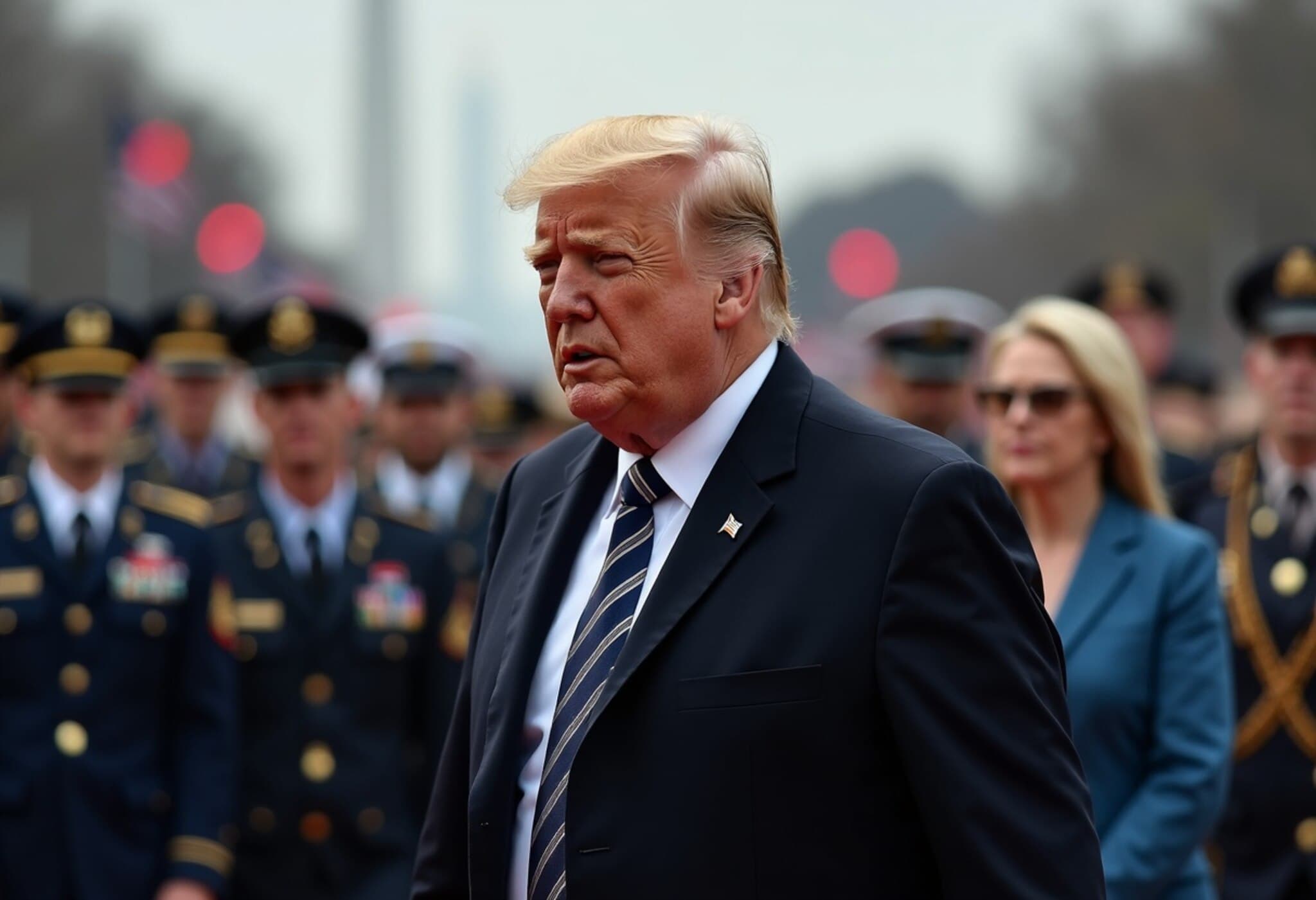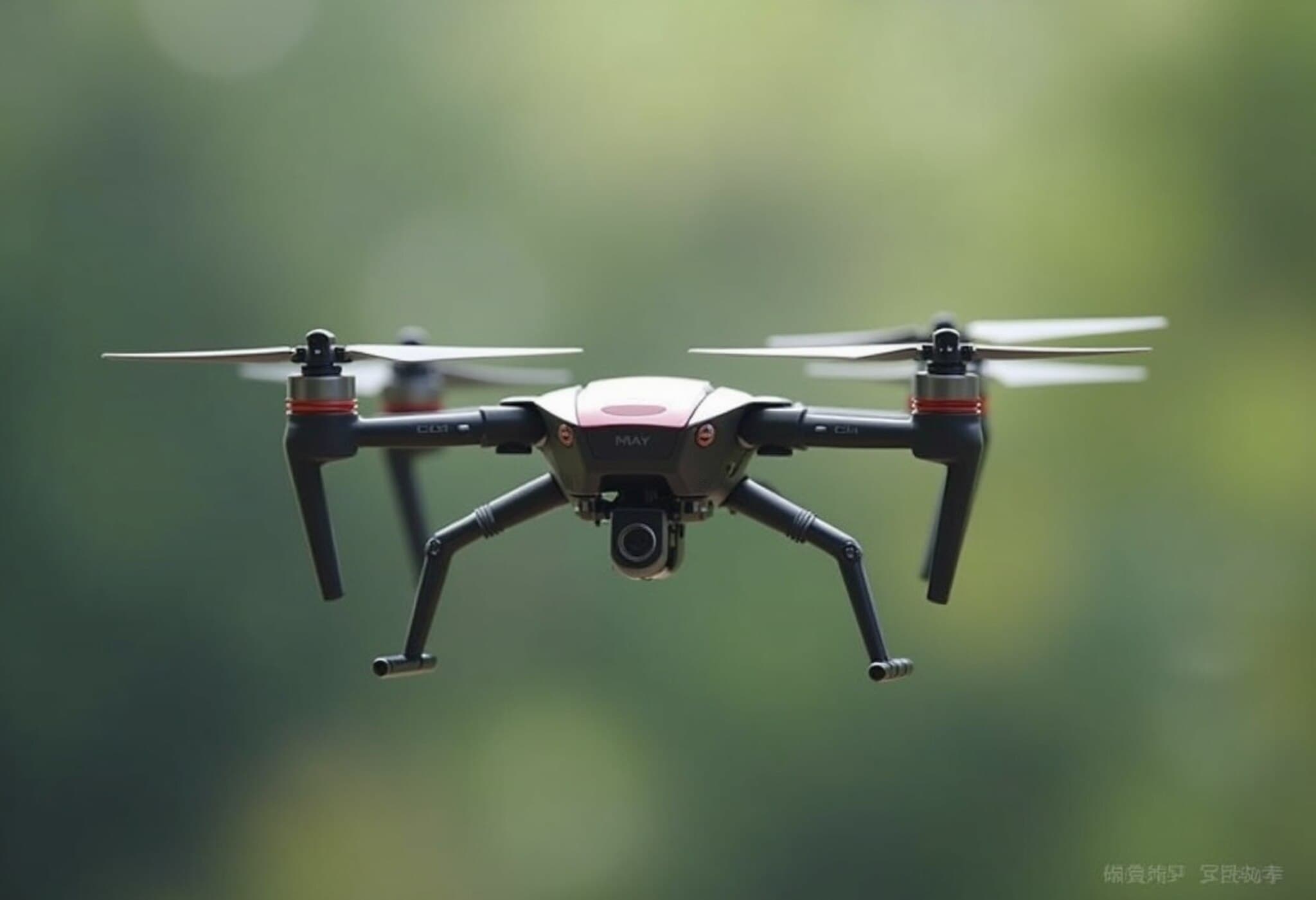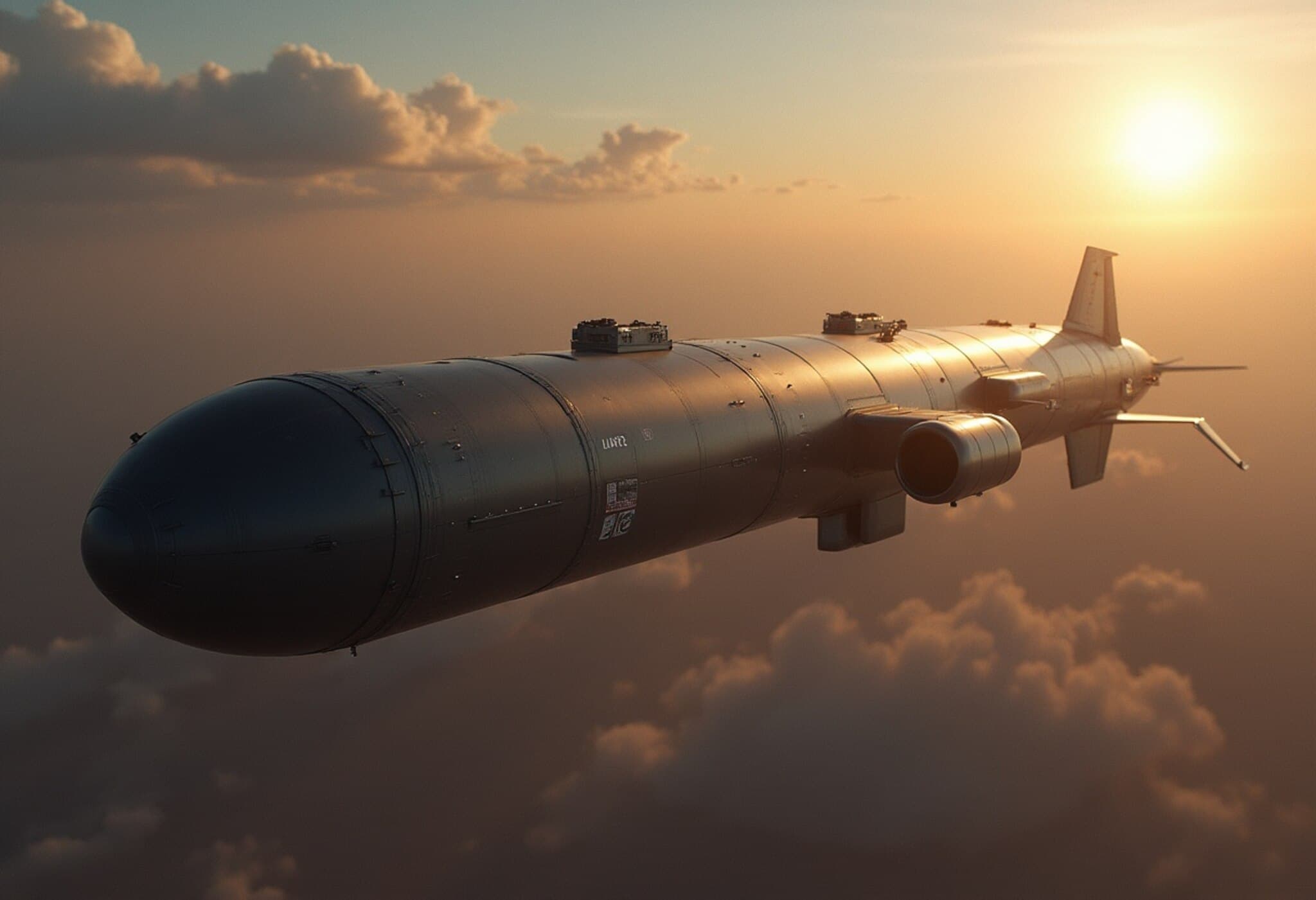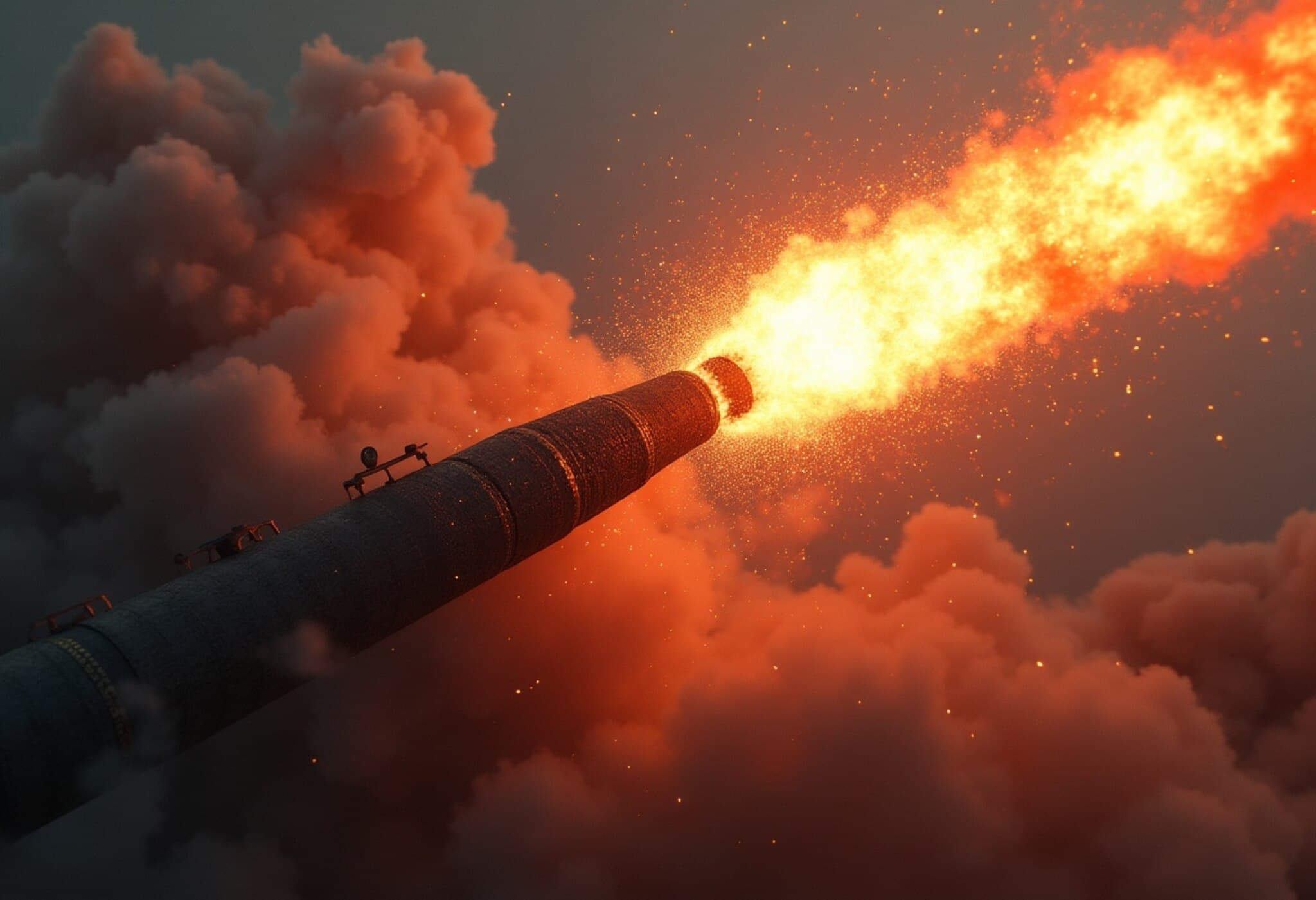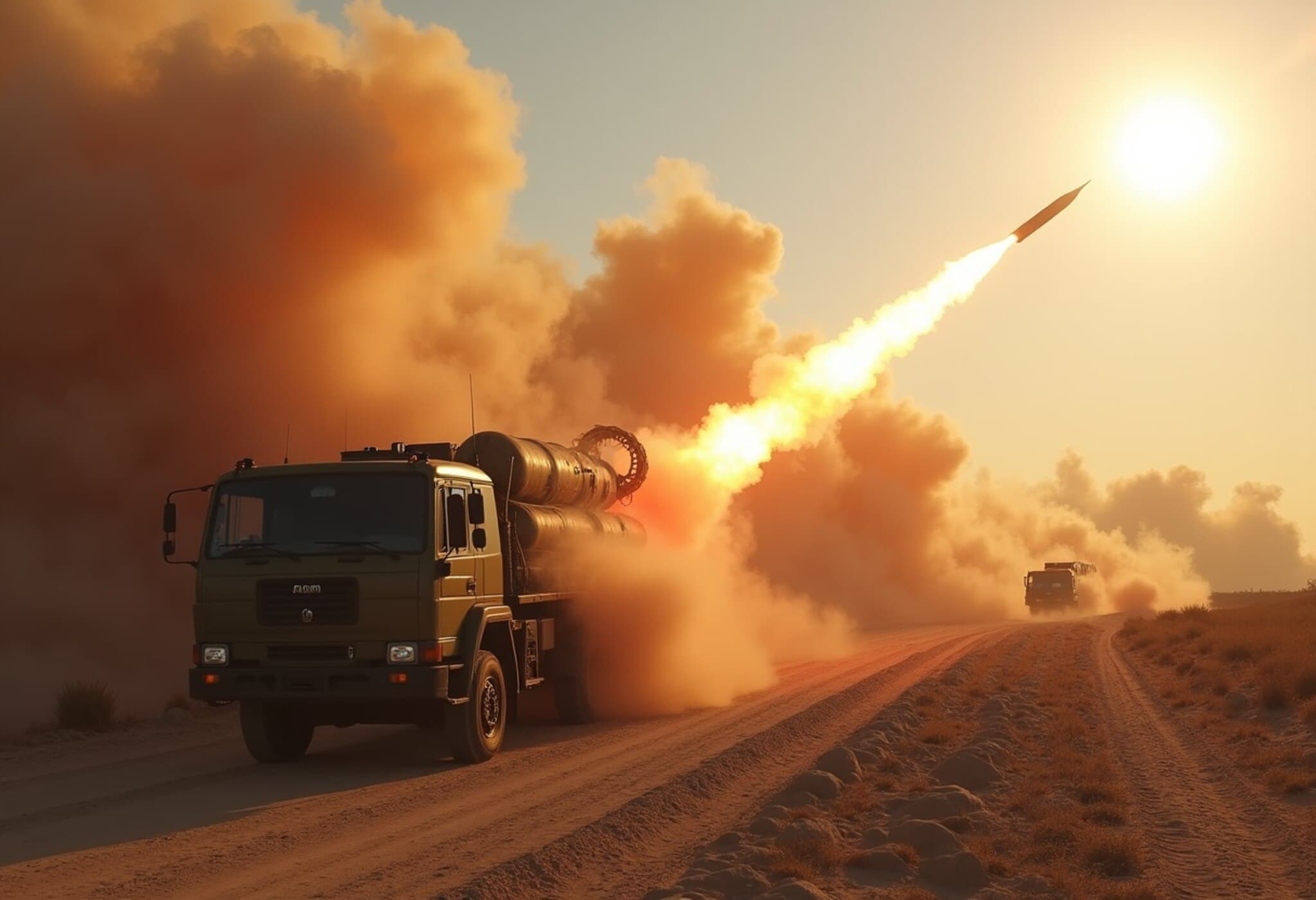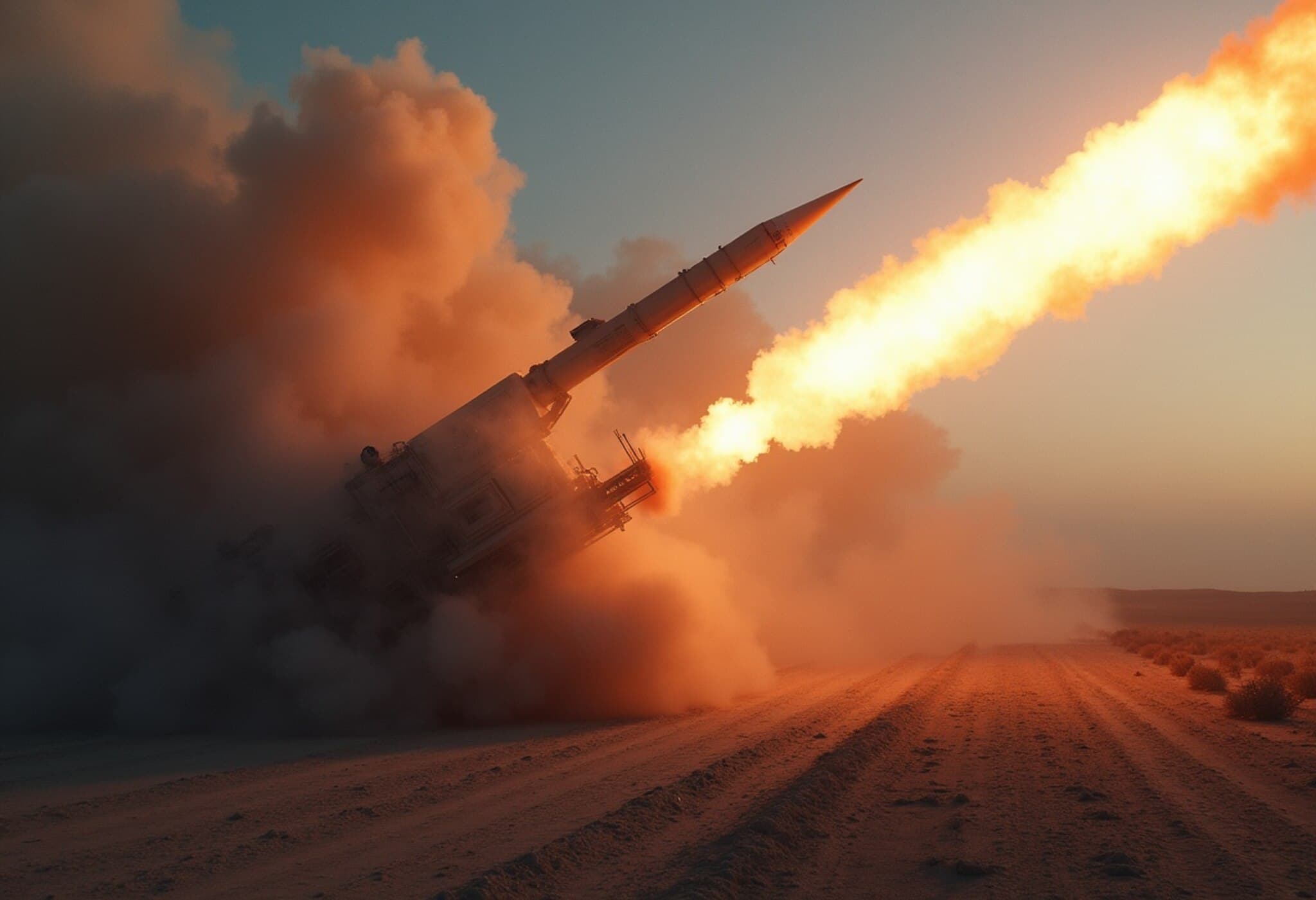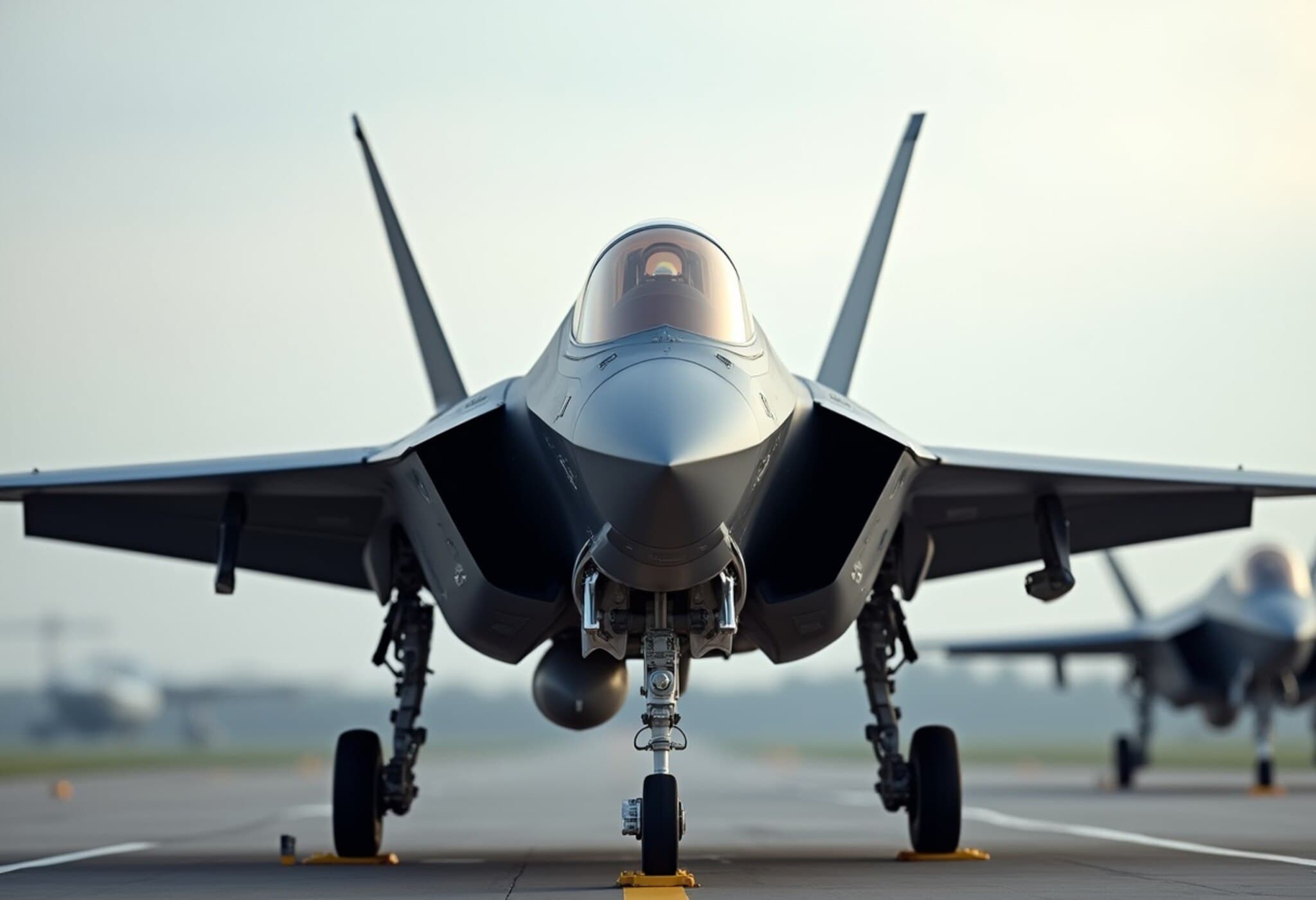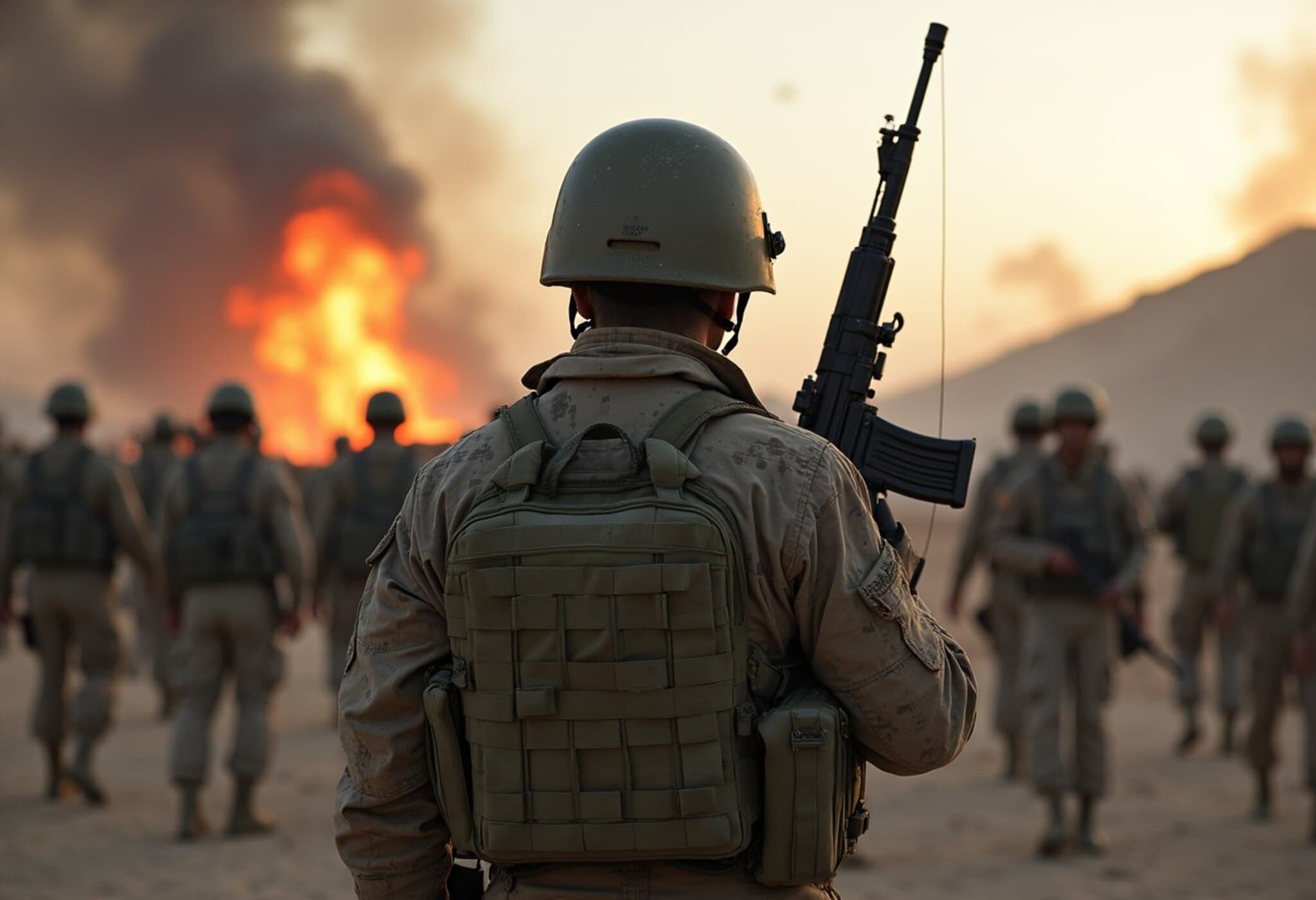France Closes Israeli Weapons Stands at Paris Airshow, Sparking Diplomatic Tensions
In a striking development at the renowned Paris Airshow, four major Israeli defense company stands were shut down by French authorities after the exhibitors declined to remove offensive weapons from their displays. The move has provoked sharp criticism from Israel, underscoring growing strains between the two longtime allies.
French Security Directive Triggers Stand Closures
A source familiar with the situation revealed that the directive came from a French security agency instructing Israeli firms to take down offensive and kinetic weaponry at their exhibition stands. When the companies failed to comply, French officials ordered the closure of the four primary Israeli pavilions operated by Elbit Systems, Rafael, Israel Aerospace Industries (IAI), and Uvision.
Meanwhile, several smaller Israeli booths without hardware on display, as well as the stand of Israel’s Ministry of Defence, remained accessible throughout the event.
Deepening Friction Amid Shifting Political Stances
France, historically a strong partner to Israel, has adopted a more cautious posture concerning Prime Minister Benjamin Netanyahu’s government, particularly with regard to military actions in Gaza and other international engagements. Last week, President Emmanuel Macron publicly distinguished between Israel's right to self-defense — which France supports and may partake in — and disapproved of unilateral strikes on Iran.
Israel’s Response: Outrage and Accusations
Israel’s defense ministry vehemently rejected the French instruction, describing the last-minute erection of a black partition wall isolating Israeli defense exhibits as an unprecedented and politically motivated act. The wall was set up overnight after Israeli teams completed their display installations.
“This outrageous and unprecedented decision reeks of policy-driven and commercial considerations,” the ministry stated, accusing France of using political pretexts to exclude Israeli offensive weapons from an international stage where they directly compete with French defense industries.
Boaz Levy, President and CEO of IAI, likened the segregating walls to “the dark days when Jews were segregated from European society.”
International Voices and Industry Pushback
American politicians attending the show also condemned the French maneuver. Republican Governor Sarah Huckabee Sanders called the restriction “pretty absurd,” while Senator Katie Britt branded it “short-sighted.”
Meshar Sasson, Senior Vice President at Elbit Systems, suggested the move was a tactic to suppress competition, pointing out Elbit's success in securing European contracts. “If you cannot beat them with technology, just hide them—there’s no other explanation,” he remarked.
Rafael echoed the criticism, condemning the French actions as “unprecedented, unjustified, and politically motivated.”
Event Organizers Seek Resolution
The airshow’s organizers acknowledged the controversy and indicated they are mediating discussions in hopes of finding a satisfactory resolution for all parties involved.
Looking Ahead
This incident highlights the delicate balance between geopolitical alliances and commercial interests in the defense sector, reflecting broader tensions within international relations amid ongoing regional conflicts.



